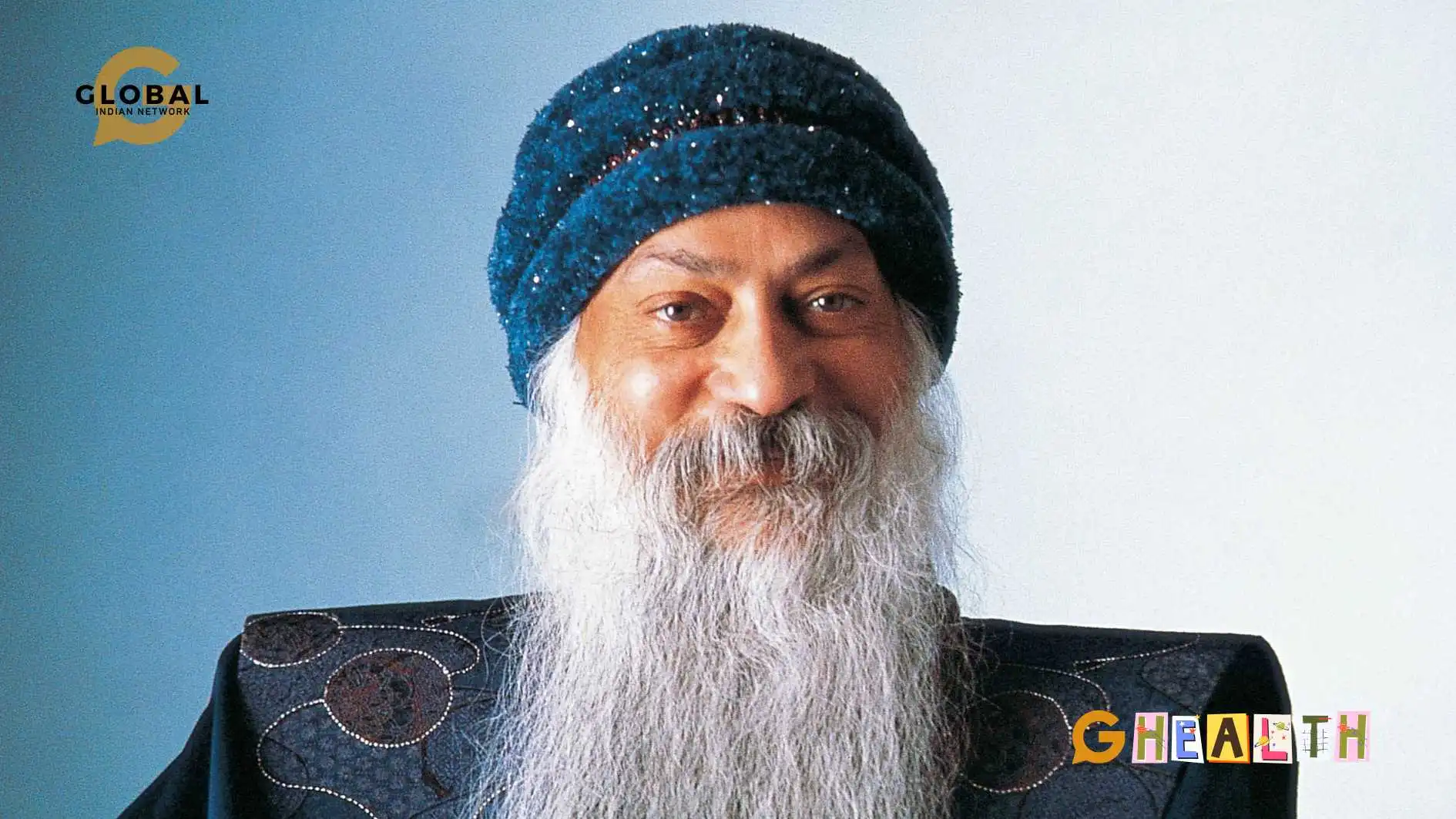Osho Rajneesh, nicknamed Osho, was an Indian philosopher, mystic, guru, and founder of the Rajneesh movement (11 December 1931 – 19 January 1990). As a result of his controversial doctrines, he rose to prominence in the 20th century. Among the most discussed philosophies of his, Osho on homosexuality has hit many headlines. However, he remains a historical figure curtained in controversy.
Table of Contents
Osho on Homosexuality: Context and Background
Born in 1931 in India, Osho lived in an era where homosexuality was still largely taboo. As a philosophy professor, he journeyed all over India in 1960, disseminating his stances on various topics, including religion and sexual identity, gaining a following, along with opposition. After about a decade, he remained in Bombay and took on the role of a spiritual teacher, initiating neo-sannyasins and reinterpreting famous writings.
In 1974, Osho built an ashram offering numerous types of therapies and meditation. The ashram gained much attention from people in India along with a Western following, largely due to Osho’s provocative lectures, especially the take of Osho on homosexuality. Due to tensions emerging with the Indian government in the 1970s, Osho moved to the United States, where he gained a large following and developed a community named Rajneeshpuram.
However, due to his community attachment to one of the largest bioterror attacks, he was deported, after which he was rejected access to over twenty-one countries across the globe, subsequently bringing him back to India, where he died in Pune in 1990.
Analysing the Understanding of Osho on Homosexuality
While the Sunday Times in London describes Osho on homosexuality as one of the 1000 makers of the 20th century, Tom Robbins (an American author) refers to him as one of the most dangerous men since Jesus Christ. Osho’s viewpoints on homosexuality come with multiple meanings and interpretations. As said by Osho himself:
“Always remember, whatsoever I say to you, you can take it in two ways. You can simply take it on my authority, ‘Because Osho says so, it must be true – then you will suffer, then you will not grow. Whatsoever I say, listen to it, try to understand it, implement it in your life, see how it works, and then come to your own conclusions. They may be the same, or they may not be. They can never be exactly the same because you have a different personality, a unique being.”
The following are two major perspectives that Osho had to offer:
Osho on Homosexuality: Celebrating All Kinds of Love – Osho resisted all kinds of discrimination against love, arguing that love should be celebrated and nurtured no matter where it grows. To expand, he also believed that homosexuality is an inevitable phenomenon in an individual’s development. Osho says that this inevitability is largely due to the division of males and females in institutions such as hostels.
Pathologising Homosexuality: The Controversy – While Osho celebrates the love of all kinds, he has received a massive amount of criticism for illustrating homosexuality as a pathological disease. He pictures homosexuality as a by-product of a ‘foolish’ upbringing. Osho further elaborates that the entire phenomenon is like a ‘social disease’ spread over the globe.
YOU MIGHT BE INTERESTED IN: The Paradox of Homosexuality in India with HRH Manvendra Singh Gohil
A Critical Review of Osho on Homosexuality
While Osho’s views on homosexuality have empowered many in the nation and beyond, in the historical era and the modern world, some interpretations of his sayings have been perceived as detrimental to the LGBTQ+ community.
Firstly, elaborating homosexuality as a mental illness can act as fuel to the negative stereotypes already prevalent in society, encouraging homophobia. Moreover, such notions could lead to confusion or feelings of embarrassment for those struggling with identity issues.
Osho also discusses homosexuality more in the light of ‘transcending’ sexuality, which caused many to feel as though he possibly ignored the emotional aspects of a homosexual relationship.
Many counterargued, saying that love and intimacy are essential aspects of a relationship regardless of sexual identity. Osho’s teachings have also been interpreted from the perspective of using the concept of transcendence to ignore and bypass the actual struggles that individuals face. Many oppose his teachings, saying that rather than ‘transcend’, they choose to hear and speak about fighting for rights and being allowed to live equal to another regardless of sexual orientation.
Conclusion
Nonetheless, Osho’s teachings are multifaceted, and as he said himself, they are open to interpretation.
As a response to the counterarguments, many of Osho’s followers have defended the concept of transcendence as a topic that seeks to go beyond societal restrictions, which are already widely discussed. They further elaborate, stating that the idea of transcendence aims to provide people with a more advanced and fluid comprehension of homosexuality as a whole.
FAQs
What was Osho’s ideology?
Osho’s ideology lies in a personal form of spirituality free from dogma and the ‘herd mentality’. Although he stands for love of all kinds for homosexuality, his views are conflicting since he illustrates homosexuality as a ‘social disease’.
What is the purpose of life according to Osho?
As per Osho, there is no purpose or aim in life. He believes that life has its own purpose; with the stars shining and the sun rising – there is no purpose.
What did Osho say about marriage?
Osho views marriage through the lens of transcendence. Although he says he is not against marriage, he states that marriage comes with misery, anguish, and anxiety – hence, one should aim to look for transcendence in marriage and go beyond.









